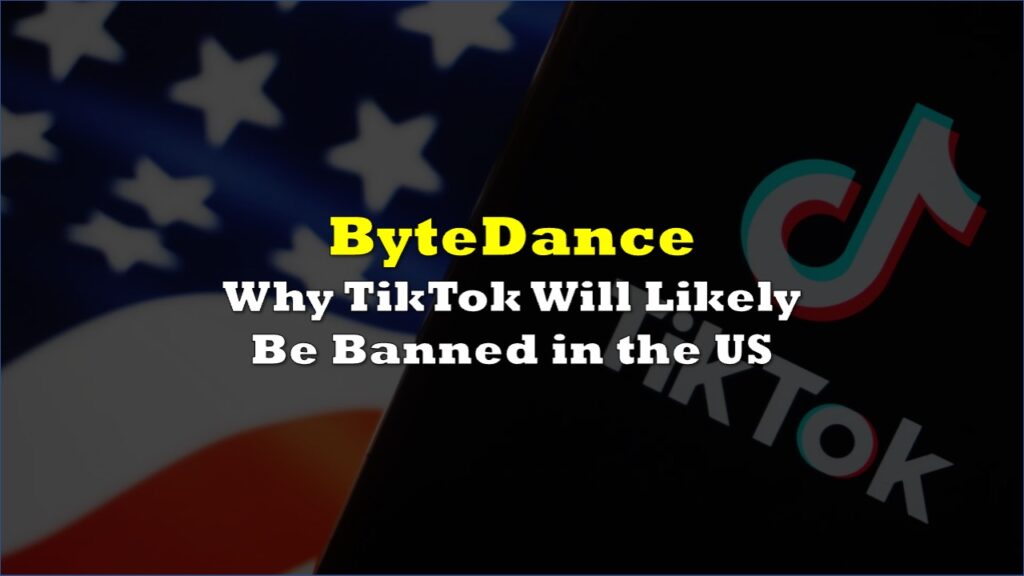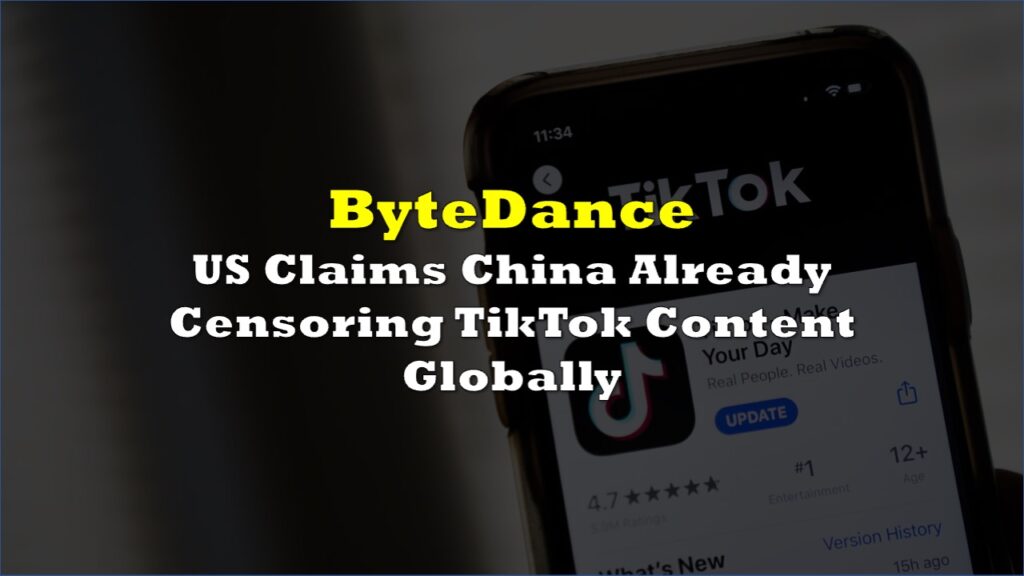Today’s geopolitical climate has seen the US, as well as other countries in the West, become increasingly concerned over national security risks posed by some foreign information and communications technology (ICT) products and services, primarily Chinese-owned TikTok.
In early March Senator Mark Warner, a Democrat from Virginia, introduced Senate Bill 686 or the Restricting the Emergence of Security Threats that Risk Information and Communications Technology Act (the RESTRICT Act) to help address this potential threat.
Similar to the new enforcement guidelines by the Committee on Foreign Investment in the United States (CFIUS), the proposed legislation focuses on business deals and interests that may impact national security.
People on social media are concerned that the new legislation would restrict regular people from using the foreign-owned app TikTok, with some, like Twitter user Lolo below, saying that using a VPN to access the app could put one in jail for 20 years.
Senate Bill 686, The Restrict Act, wants to put you in jail for 20 years for using a VPN for using a website or app is operated by a “foreign adversaries.” These are the foreign adversaries btw pic.twitter.com/v05Hs3B4oJ
— Lolo (@LolOverruled) March 27, 2023
This isn’t true.
There is no mention of VPN or regular citizens accessing ICT services like TikTok in the current draft of the proposed legislation.
The criminal penalty of 20 years, a fine of $1 million, or both, applies to entities proven to have willfully engaged in activities or attempts at activities that pose national security risks such as the “sabotage or subversion” of ICT products or services, “catastrophic effects” on critical infrastructure or digital economy, and interfering in the results of a federal election.
“To be extremely clear, this legislation is aimed squarely at companies like Kaspersky, Huawei, and TikTok that create systemic risks to the United States’ national security — not at individual users,” a spokesperson for Senator Warner told the Daily Dot.
TL:DR: looks like no one’s going to jail for posting another dance video on TikTok, no matter how bad it is.
What the new legislation aims to do, in its present iteration, is to give the US Secretary of Commerce and the President broad authority to enforce measures against ICT products or services and their providers owned or controlled by what it describes as “foreign adversaries” that are found to pose an undue or unacceptable risk to national security.
The bill, which is still in its very early stages, is already getting bipartisan support in the Senate, and the nod from the Biden administration.
Information for this briefing was found via the US Congress, the US Treasury, the Daily Dot, and the sources and companies mentioned. The author has no securities or affiliations related to the organizations discussed. Not a recommendation to buy or sell. Always do additional research and consult a professional before purchasing a security. The author holds no licenses.









